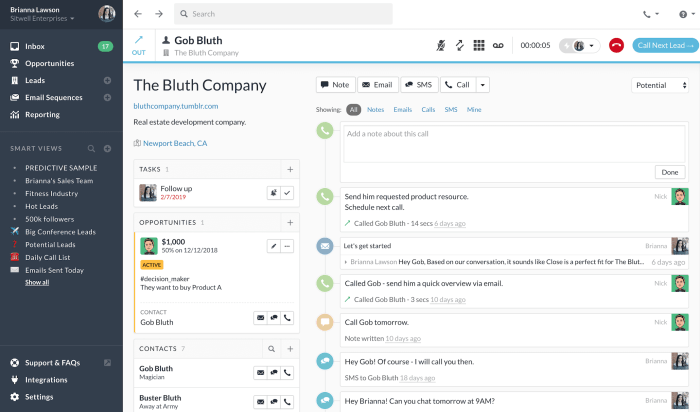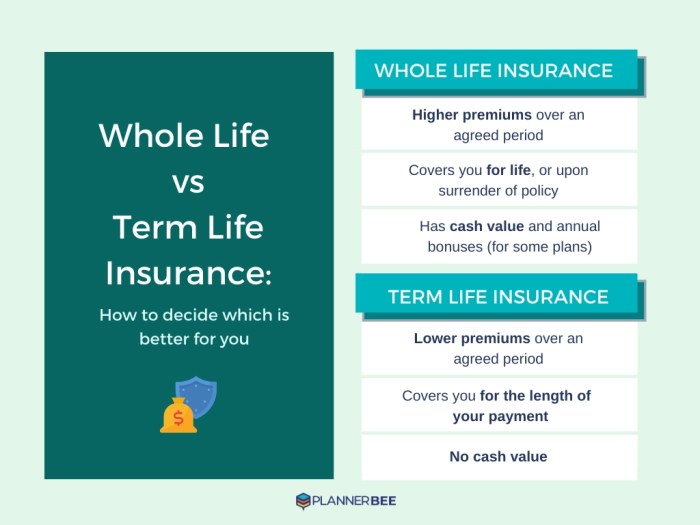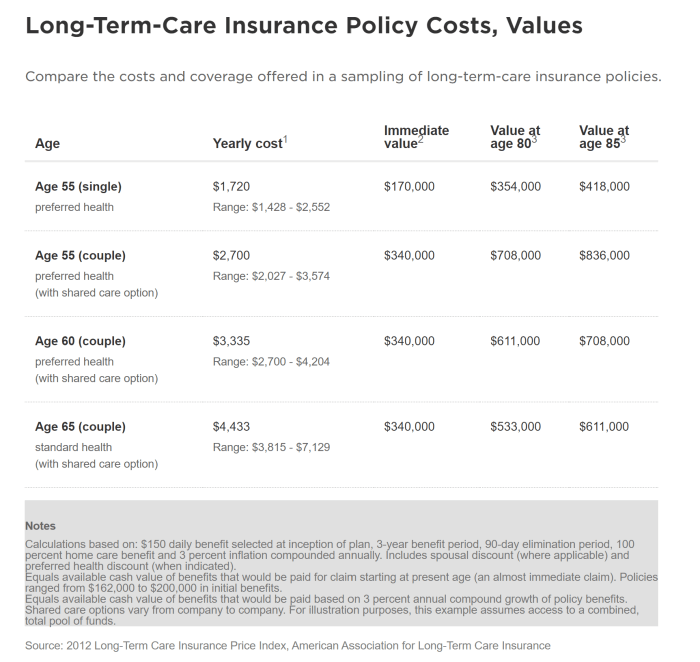Exploring CRM Software Options: Crm Application For Small Business

Crm application for small business – Choosing the right CRM can feel like navigating a labyrinthine bazaar, overflowing with promises and potential pitfalls. For a small business, the stakes are high; a poorly chosen system can hinder growth, not facilitate it. The key lies in understanding your specific needs and evaluating the available options with a discerning eye. This exploration will illuminate the path, offering clarity in the often-murky waters of CRM selection.
The market offers a diverse range of CRM software, each with its own strengths and weaknesses. Careful consideration of factors such as budget, team size, and the complexity of your business processes is crucial. A solution that works wonders for a multinational corporation might prove cumbersome and expensive for a small startup. Similarly, a free option might lack the essential features required for scaling.
Popular CRM Applications for Small Businesses
Several CRM applications cater specifically to the needs of small businesses, offering a blend of affordability and functionality. The following list categorizes five popular options by their pricing models, providing a starting point for your evaluation.
- HubSpot CRM (Freemium): Offers a robust free plan with features suitable for many small businesses, with paid options for enhanced capabilities.
- Zoho CRM (Paid, with free trial): A comprehensive, scalable solution with various pricing tiers to suit different business sizes and needs. Known for its flexibility and wide range of integrations.
- Freshsales CRM (Paid, with free trial): Focuses on sales automation and provides features like contact management, deal tracking, and sales forecasting. Offers competitive pricing for small businesses.
- Pipedrive (Paid, with free trial): A user-friendly CRM designed specifically for sales teams, emphasizing ease of use and intuitive interface. Excellent for managing sales pipelines and tracking progress.
- Agile CRM (Freemium): Provides a free plan with basic features, alongside paid options that unlock advanced functionality such as marketing automation and project management tools.
Cloud-Based versus On-Premise CRM Solutions, Crm application for small business
The fundamental difference between cloud-based and on-premise CRM lies in where the software resides and how it’s accessed. Cloud-based CRMs are hosted on remote servers, accessible via the internet, while on-premise solutions are installed and maintained on your company’s own servers.
Cloud-based CRMs offer advantages such as accessibility from anywhere, automatic updates, scalability, and reduced IT infrastructure costs. However, they rely on a stable internet connection and may involve concerns about data security and vendor lock-in. On-premise solutions offer greater control over data and customization options but require significant upfront investment in hardware and IT expertise, alongside ongoing maintenance responsibilities.
The choice depends heavily on the specific needs and resources of the small business.
Successful Small Business CRM Implementations
Real-world examples showcase the transformative power of CRM for small businesses. The success hinges not only on choosing the right software but also on careful planning, training, and ongoing adaptation.
- Example 1: A small bakery implemented HubSpot CRM to manage customer orders, loyalty programs, and marketing campaigns. The result was improved customer engagement, increased sales, and streamlined operations.
- Example 2: A boutique clothing store adopted Zoho CRM to track sales leads, manage inventory, and personalize customer interactions. This led to better sales forecasting, optimized inventory management, and stronger customer relationships.
- Example 3: A freelance design agency utilized Pipedrive to manage projects, track client communication, and improve project delivery. The improved organization and communication resulted in increased efficiency and client satisfaction.
CRM Application Feature Comparison
The following table provides a concise comparison of the key features and target audiences of five popular CRM applications. Remember that feature sets and pricing can change, so always refer to the vendor’s website for the most up-to-date information.
| Name | Pricing | Key Features | Target Audience |
|---|---|---|---|
| HubSpot CRM | Freemium | Contact management, deal tracking, email integration, basic reporting | Small businesses, startups, sales teams |
| Zoho CRM | Paid | Comprehensive CRM functionality, sales automation, marketing automation, extensive integrations | Small to medium-sized businesses, diverse industries |
| Freshsales CRM | Paid | Sales automation, contact management, deal tracking, sales forecasting, mobile accessibility | Sales-focused small businesses |
| Pipedrive | Paid | Sales pipeline management, deal tracking, activity tracking, simple and intuitive interface | Sales teams in small to medium-sized businesses |
| Agile CRM | Freemium | Contact management, sales automation, marketing automation, project management (paid plans) | Small businesses seeking integrated sales and marketing tools |
Choosing the right CRM application for small business can feel like seeking the Holy Grail of efficiency. To find the perfect fit, consider exploring resources like this guide to the best crm for small business 2023 , which can illuminate your path. Ultimately, the best CRM application for your small business will depend on your specific needs and faith in its capabilities to streamline your operations and boost your bottom line.



